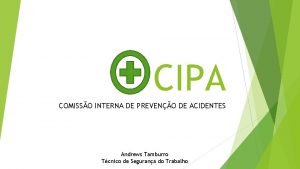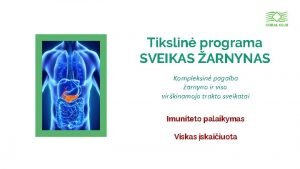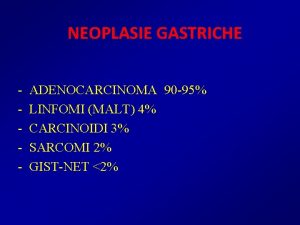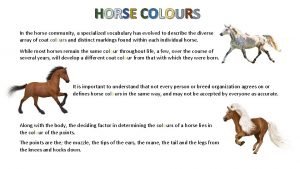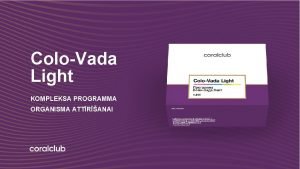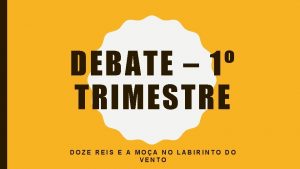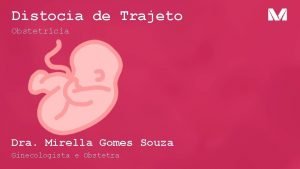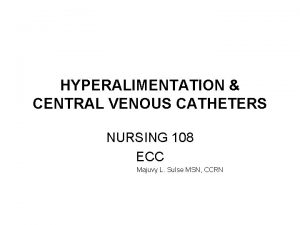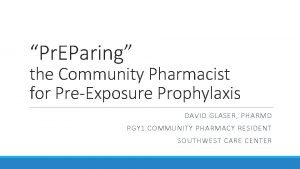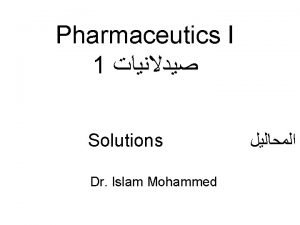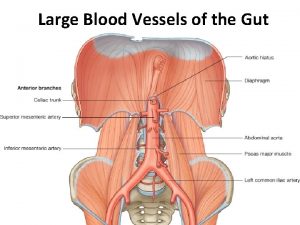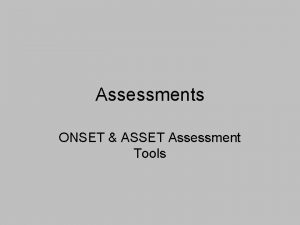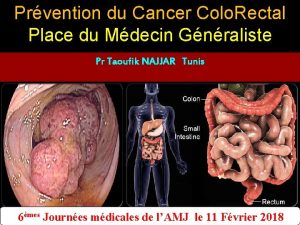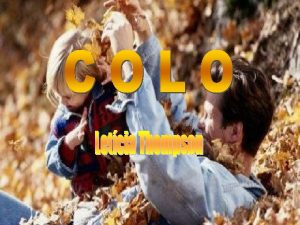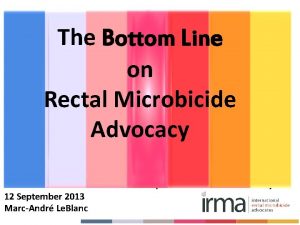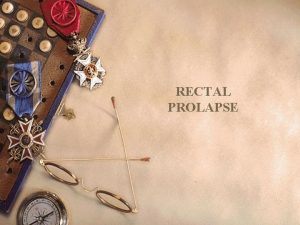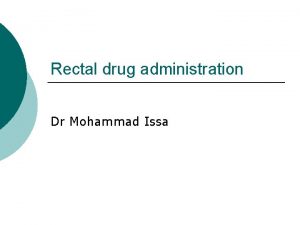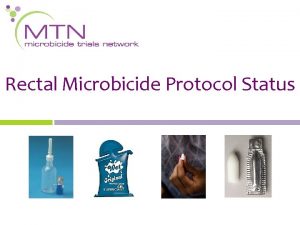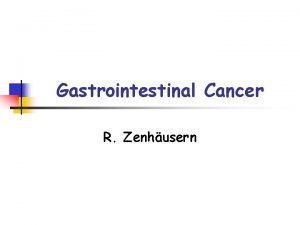Colo Rectal Cancer in Adults of Young ONset













- Slides: 13

Colo. Rectal Cancer in Adults of Young ONset “CRAYON” Study Steven Itzkowitz, MD, FACP, FACG, AGAF Professor of Medicine and Oncological Sciences Director, GI Fellowship Program Icahn School of Medicine at Mount Sinai

CRAYON Study: Rationale 1. 2. 3. 4. 5. Rates of CRC are increasing among 20 -49 yr olds worldwide. Why? ? Many retrospective studies being performed in USA and abroad. Most experts call for PROSPECTIVE studies to be done. Some prospective studies already being performed (MSKCC, Spain/Europe) Can CRAYON provide more detailed information related to risk factors/causation?

CRAYON Study: Purpose 1. 2. To identify risk factors of Early Onset CRC To use these factors to predict individuals <50 yrs old who are at higher risk of having (current) or developing (future) CRC

CRAYON Study: Why in NYC? 1. NYC GI community: a track record of collaboration • C 5 Coalition, NYCCO, NYSGE 2. Density of population conducive to collecting CRC cases and controls in a timely fashion • ~350 EO-CRC/year (source: NY State Cancer Registry) 3. Geographic proximity: • • • Relatively shared environmental exposures Facilitates collaboration, specimen acquisition Enables patients to be captured even if they change institutions for care F facilitate collaboration, specimen acquisition, and 4

CRAYON Study: History October, 2017 NCCRT Summit – initial idea developed May, 2018 DDW - Imperiale/Itzkowitz June, 2018 Identify group of interested site PIs July 24, 2018 First Investigators Meeting Aug 2018 – Feb 2019 Monthly Conference Calls Mar 26, 2019 CRAYON Retreat (Epidemiology) Sept 17, 2019 Retreat #2

CRAYON Retreat (Mar 26, 2019) v What questions could be answered by CRAYON? v What is the best study design? v Discussion of cases; controls 6

CRAYON Investigators Institution Investigator Division/Dept Mount Sinai Steven Itzkowitz Lina Jandorf Pascale White Cristina Villagra Sarah Miller Jamilia Sly Alec Levine GI TCI TCI TCI Columbia Benjamin Lebwohl GI Weill Cornell Felice Schnoll-Sussman GI MSKCC Robin Mendelsohn GI NYU Peter Liang GI Montefiore Parvathi Myer GI Northwell Health Thomas Weber Surgery Indiana University Thomas Imperiale GI

CRAYON Retreat: Outside Consultants Consultant Institution Title Christine Ambrosone Roswell Park Cancer Institute Chair, Cancer Prevention & Control Margaret Du, Sc. D MSKCC Assistant Attending Epidemiologist Richard Hayes, Ph. D (unable to attend) NYU Professor of Population Health & Environmental Medicine Elizabeth Kantor, Ph. D MSKCC Assistant Attending Epidemiologist David Ransohoff, MD Univ North Carolina Professor of Medicine; Clinical Prof of Epidemiology Rebecca Siegel, MPH American Cancer Society Strategic Director, Surveillance Information Services Ann Zauber, Ph. D MSKCC Member, Attending Biostatistician

What questions would you like to see answered by the CRAYON study? ▶ Is the increasing CRC incidence caused by established risk factors or something novel? What preventable factors exists for EOCRC? ▶ Is there a target Risk Ratio or Odds Ratio that would be clinically relevant in decision making, and could we reach it with better risk markers? ▶ Can we capture information regarding early life events, include in utero, early life, and young adult exposure? ▶ Can we create a registry of all colonoscopies for patients under 50, including both the reason for colonoscopy and the outcome of the colonoscopy? ▶ To what extent does our population of EOCRC patients have an unknown family history of genetic conditions, such as Lynch Syndrome, that contributes to the development of EOCRC? Can we better educate that sub-population of their risk for EOCRC?

CRAYON: Study Design ▶ ▶ Prospective Case-Control Study Cases: individuals age 25 -49 with newly diagnosed CRC. Controls: individuals age 25 -49 from two groups: – Colonoscopy-Negative controls (CNC): Underwent colonoscopy for symptoms (change in BM, abd pain, minor bleeding) found to have no neoplasia. – Waiting Room Controls: healthy individuals who are escorting patients for colonoscopy and/or colon cancer surgery. – ? Friend controls – Cases: Controls 1: 4 (2 CNC; 2 WRC) Eventual Sample size: 400 Cases: 1600 Controls.

CRAYON: Phases of Investigation Phase Purpose Institution Phase 1 Feasibility Study Mount Sinai • Enroll cases/controls • Willingness to participate (3/19 -12/19) Phase 2 Pilot Study 4 -5 Sites (10/19 -12/20) Phase 3 Main Study (Spring 2020 submission) All Sites Goal • Expand to other sites • Demonstrate collaboration • Refine instruments/biospecimens • Definitive study

CRAYON: Feasibility Study ▶ ▶ To be conducted at Mount Sinai (Funded: The Chemotherapy Foundation) Goal: Enroll 10 Cases and 40 Controls Conduct interviews to determine willingness to participate in a study that involves an extensive questionnaire, as well as biospecimen collection. Interview Questions: – Would you be willing to spend 1 -2 hours for the initial interview? – Would you be willing to complete annual follow-up surveys? – We want to learn more about your early childhood experiences. Do you think your parents would be willing to participate? Would you be able to ask them? – Would you be willing to provide a blood sample? Stool sample? Saliva sample? Baby teeth (if you/your parents have them)? – [For Cases]: Would you be willing to share our flyer and potentially recruit 1 -2 friends or family members?

Next Steps v Work on Feasibility Study v Prepare for Retreat #2 (Sept 2019) v Develop sites for Pilot phase v Explore funding sources for pilot projects 13
 Money smart fdic
Money smart fdic Tem gente que tem cheiro de passarinho quando canta
Tem gente que tem cheiro de passarinho quando canta Complementary colo
Complementary colo Transporte ao colo
Transporte ao colo Colo vada programa
Colo vada programa Antecolica
Antecolica Roan colour
Roan colour Colo-vada light
Colo-vada light No colo do verde vale
No colo do verde vale Triple gradiente descendente
Triple gradiente descendente Bowel wash nursing responsibility
Bowel wash nursing responsibility Rectal fluids images
Rectal fluids images Oral rehydration solution composition
Oral rehydration solution composition Celiac trunk branches
Celiac trunk branches



